Beyond Self-Care: An Educator Wellbeing Guide
-3.jpg)
For children and young people to achieve their best mental health, they need to feel safe, secure, supported and a sense of belonging, among other physical, social and emotional factors. Educators play a vital role in creating learning environments that foster these protective factors for the mental health and wellbeing of children and young people, from birth to 18 years old.
But what about the mental health of educators themselves? What protective factors support their wellbeing, as it pertains to their role within a learning community, and how can a whole learning community approach inform and promote educator wellbeing?
The Educator Wellbeing report (2022) was commissioned by Beyond Blue to support the national mental health and wellbeing initiative for learning communities. Guided by this report Be You worked with educators to identify the barriers and enablers to reaching their best mental health. These focus groups also looked at what can be done to shift wellbeing from being seen as the educator’s own responsibility, to a holistic approach that promotes educator wellbeing across individual, leader, community, and systemic levels.
Head of the Educational Psychology and Counselling School at Monash University, Professor Andrea Reupert (2020), says that: “Educators need a welcoming, supportive, safe and intellectually stimulating environment to thrive.”
Building on this educator wellbeing research, Be You has worked with subject matter experts to develop Beyond Self-Care: An Educator Wellbeing Guide (the Guide).
Beyond Self-Care: An Educator Wellbeing Guide provides early learning services, schools, education leaders and educators with tools, actions, activities and examples of good educator wellbeing practice to build a thriving workplace.
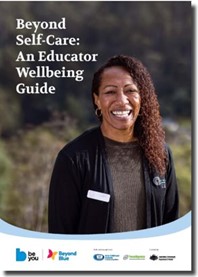
While self-care is important, educator wellbeing is about more than individual strategies. Learning communities need to adopt a whole-of-setting approach. This includes promoting wellbeing, inclusivity and diversity. The Guide provides checklists with collaborative, inclusive and prioritisation actions that learning communities can take to promote and improve educator wellbeing.
Educator wellbeing is best fostered when it is approached holistically. This means individuals, leaders, early learning services, schools and education systems all build and strengthen protective factors that promote educator wellbeing.
Why does educator wellbeing matter?
Educator wellbeing is an integral part of a mentally healthy learning community.
- It is inextricably linked to the capacity to educate and build relationships with children, young people, families and colleagues.
- Children and young people’s wellbeing and academic achievement correlate with educator wellbeing.
- When the responsibility for educator wellbeing is shared across the learning community, it has a positive impact on staff retention, job satisfaction and productivity, as well as on children and young people’s engagement and achievements.
The National Mental Health Commission (2022) identifies three intersecting pillars needed to create a mentally healthy workplace – Protect, Respond and Promote. The Guide looks at the “Promote” pillar to identify and develop the positive aspects of work that contribute to educator wellbeing.
Educator wellbeing is promoted beyond self-care when:
1. Educator wellbeing is promoted when leaders lead the way
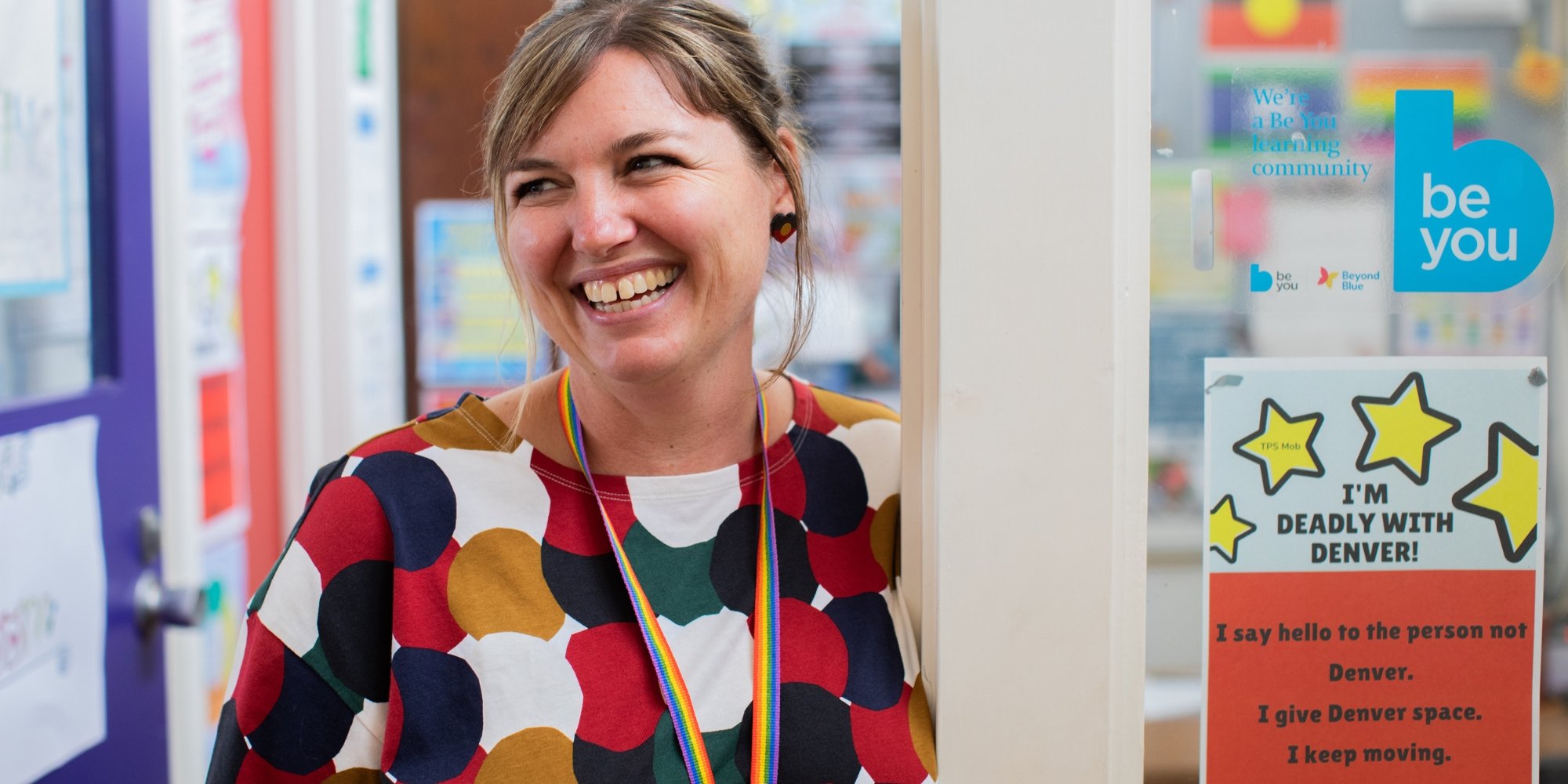
Education leaders that support diversity, collegial relations, communication, and professional development, can have a big impact on how educator wellbeing is promoted.
Supportive leaders practice inclusivity, provide clear directions and expectations, and check-in with educators to find out how they are feeling. This includes leaders considering their own wellbeing needs and role-modelling behaviours.
Education leaders that support wellbeing offer opportunities that show educators that their unique strengths and abilities are valued.
Leaders that are visible and engaged in the learning community can have a better understanding of the challenges educators face.
The ability as a leader to advocate for educator wellbeing needs is influenced by an understanding of the impact that structural, behavioural or resourcing challenges have on wellbeing.
Leaders have the power to be positive wellbeing role models by talking about, and demonstrating, healthy strategies to support mental health and wellbeing. This can help to promote help-seeking behaviours and shape a learning community culture that normalises conversations around mental health and wellbeing.
2. Educator wellbeing is promoted when the workplace culture nurtures relationships
Your relationships with colleagues, children, young people, families, and leaders play an integral role in the level of fulfilment that you find in your work. Collaborative and supportive relationships can have a positive impact on your wellbeing.
Early learning services and schools can address an unsafe workplace culture by intentionally working to create a learning environment that is inclusive, collaborative, and provides mentoring opportunities.
Early learning services and schools can also help build and maintain a positive workplace culture by creating opportunities for educators to as act as wellbeing champions.
Educator wellbeing can be promoted in a workplace culture that encourages educators to care about the wellbeing of their colleagues and small acts of kindness are embraced. These supportive collegial relationships are a strong source of satisfaction and joy, and a protective factor in educator wellbeing.
3. Educator wellbeing is promoted when diversity is respected and embraced
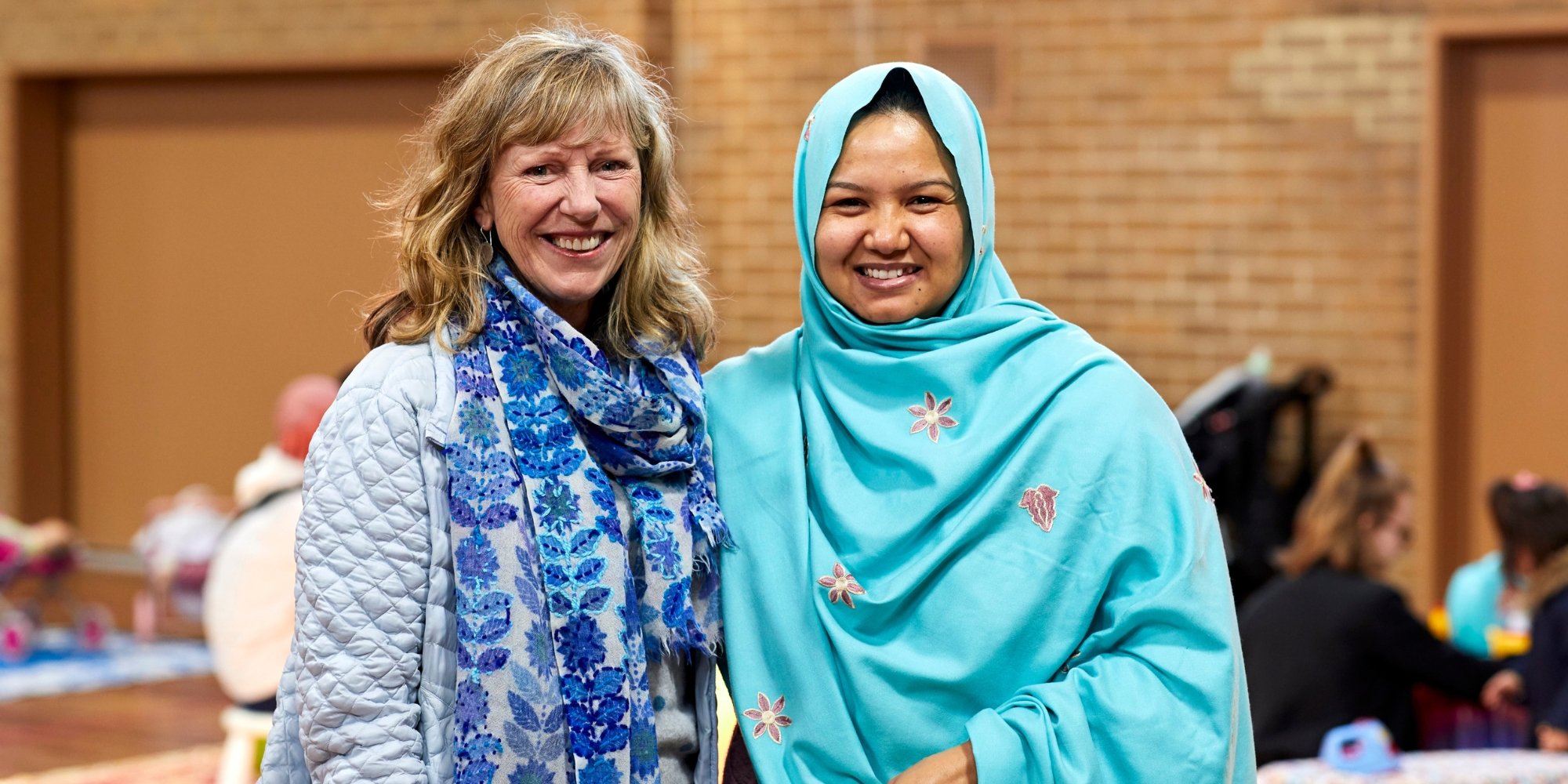
Your sense of inclusion and belonging has a significant impact on your wellbeing. Our research shows that educators from marginalised groups such as Aboriginal and Torres Strait Islander, culturally and linguistically diverse (CALD), and LGBTQIA+ can face additional wellbeing challenges, often related to diversity and inclusion.
Early learning services and schools and leaders can all work to support the wellbeing of Aboriginal, Torres Strait Islander, CALD, and LGBTQIA+ educators by ensuring they feel accepted, and any forms of discrimination are addressed and not dismissed.
4. Educator wellbeing is promoted when it’s integrated into education policies
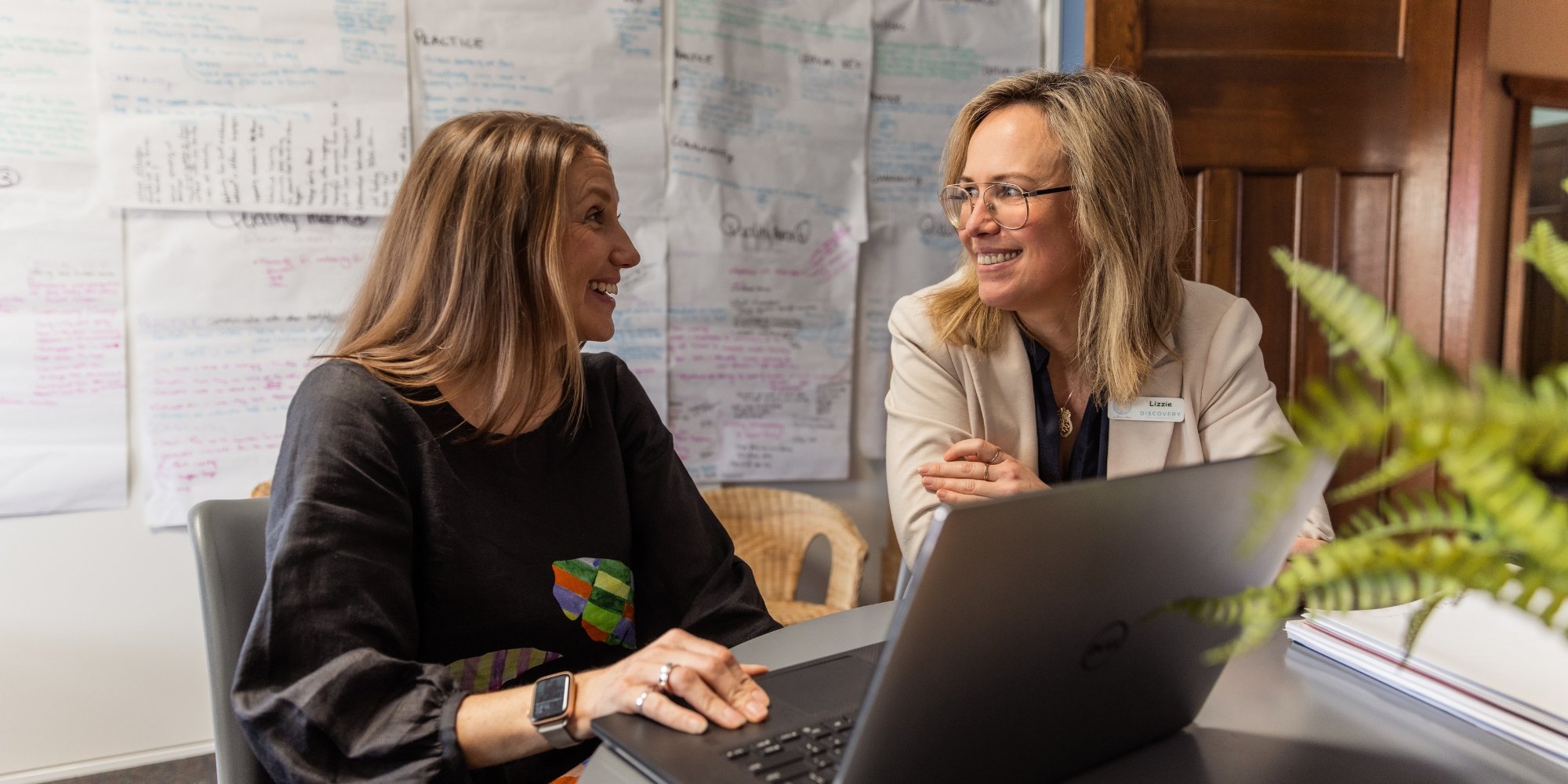
Meaningful wellbeing policies that are implemented in early learning services and schools, support a workplace and community culture that enables educators to thrive.
For example, this might include a policy that protects educators' personal time and boundaries, professional learning, personal development, or access to structural supports, such as Employee Assistance Programs.
Some government education policies have a direct impact on educator wellbeing.
Government policies and sector practice frameworks that provide adequate resources and learning supports can alleviate some of the wellbeing challenges educators experience.
5. Educator wellbeing is promoted when individuals practice self-care strategies
Our educator wellbeing research shows that self-care, while important, will only be effective if the community and systems surrounding the educator are supportive.
You can be part of the holistic approach to educator wellbeing by engaging in self-care strategies including exercise, a nutritious diet, setting boundaries, and help seeking behaviours.
Be You is seeking to shift wellbeing from being seen as the educator’s own responsibility, to a holistic approach that promotes educator wellbeing across individual, leader, community, and systemic levels.
Visit the Be You website at beyou.edu.au to download the Educator Wellbeing Guide, Be You Fact Sheets, planning tools, event recordings and videos designed to help individuals and learning communities build and maintain educator wellbeing.
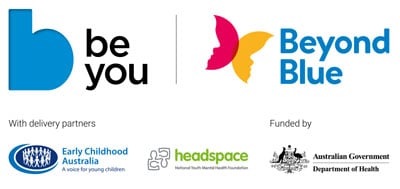
About Be You
Be You is the national mental health and wellbeing initiative for learning communities; delivered by Beyond Blue, in collaboration with Early Childhood Australia and headspace. Their free, evidence-informed tools and resources can be embedded in everyday practice to support the mental health and wellbeing of the whole learning community.



